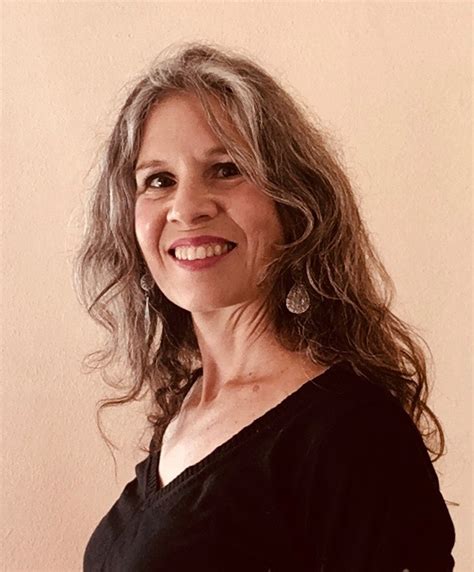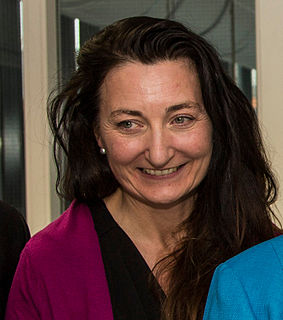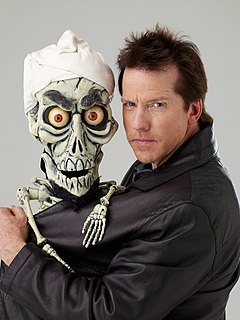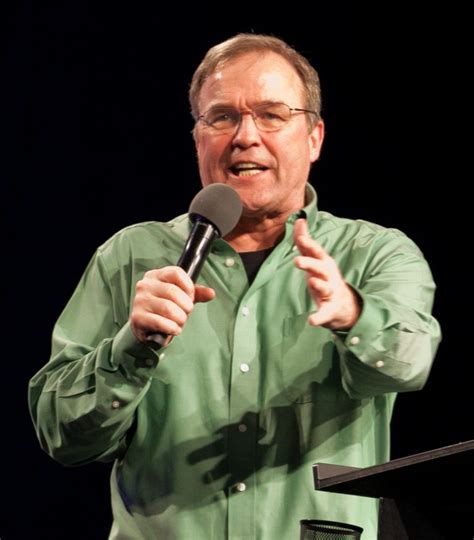A Quote by Greg Laurie
When I get up to speak tonight, it's kind of a monologue. When I am talking with someone one-on-one, it's a dialogue. I ask them questions; I listen; I respond appropriately. I think we can do it in a loving way.
Related Quotes
Teach your children to listen carefully and to speak thoughtfully. The best way to teach this is to listen carefully and speak thoughtfully to your children, from the time they are babies. Take their questions and ideas seriously... learning to speak and listen as if our words matter is fundamental to education. Dialogue is not the same as mindless chatter. Above all, listen, listen, and listen to your kids.
Every man, every woman who has to take up the service of government, must ask themselves two questions: ‘Do I love my people in order to serve them better? Am I humble and do I listen to everybody, to diverse opinions in order to choose the best path.’ If you don’t ask those questions, your governance will not be good.
Every man, every woman who has to take up the service of government, must ask themselves two questions: 'Do I love my people in order to serve them better? Am I humble and do I listen to everybody, to diverse opinions in order to choose the best path?' If you don't ask those questions, your governance will not be good.
I don't like the way most people think. It's imprecise. I find that when parents ask me questions, they ask very imprecise questions. They say, "My kid has behavioral problems at school." Well, I have to say, "What kind of problems? Is he hitting? Is he rude? Does he rock in class?" I need to narrow questions to specifics. I am very pragmatic and intellectual, not emotional. I do get great satisfaction when a parent says, "I read your book, and it really helped me."
Recently it was pointed out to me - in a kind of hurtful way, to be honest - that people in Los Angeles are aurally challenged. That is, at social events, we simply do not listen to others. We do not ask them questions about themselves, we do not nod attentively when they speak; really, if we were to examine ourselves, we would realize that we simply have no interest in others at all.
I try not to respond to trolls. I've learned blocking. If anybody is truly mean to me, or says something arrogant - don't respond, you'll only empower them. If you give them anything! So I'll block 'em. Or, if someone's annoying, but yet I still kind of like them, I mute them. Because they don't know! So then, it still looks like we're connected, but I don't have to listen.


































